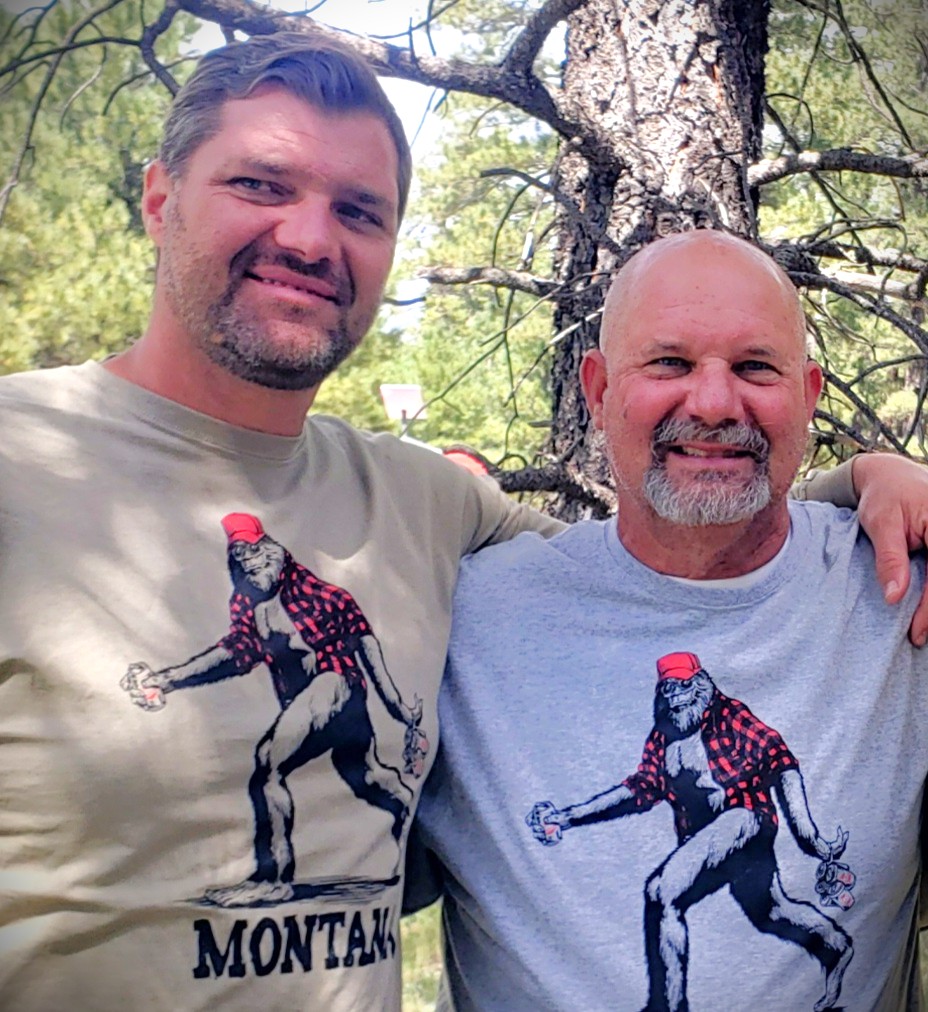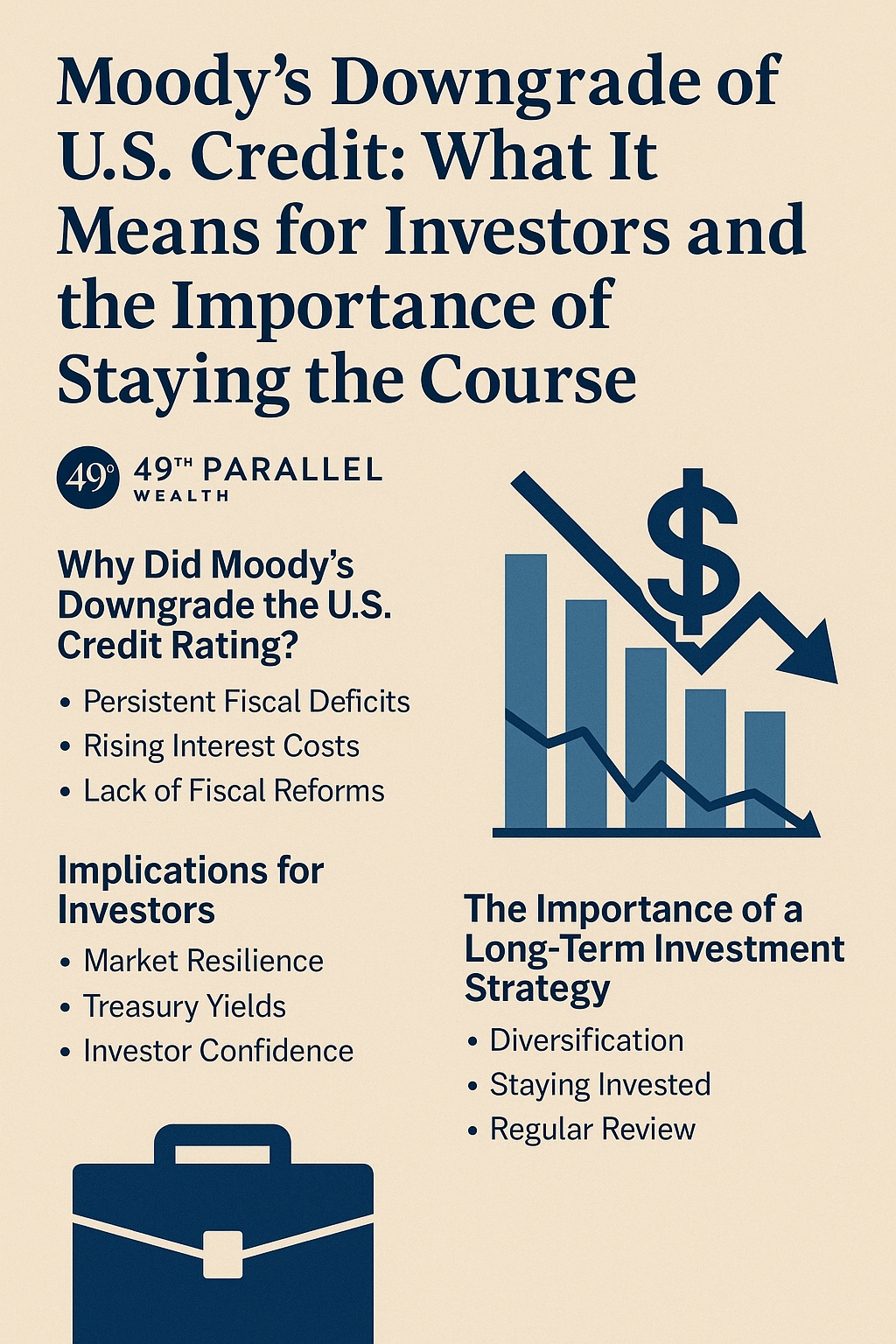 alt="" class="wp-image-2664"/>
alt="" class="wp-image-2664"/>When I was a kid, my dad had a saying for everything. One of his favorites was “Waste not, want not.” Another was the old standby, “A penny saved is a penny earned.” At the time, I thought he was just being cheap. He’d stretch a dollar farther than anyone I knew always opting for value over flash, saving wherever possible, and thinking long-term in every purchase. As a child, I didn’t fully appreciate his discipline. In fact, I sometimes rolled my eyes at it.
But now, I understand.
My dad retired earlier than most of his friends and lives a comfortable, independent life. While others continued punching the clock or scrambling to make ends meet, he quietly shifted into a slower, more intentional pace filled with choice, not obligation. He bought himself something money can’t replace: freedom.
Discipline May Look Boring Until It Pays Off
As kids, we tend to value what’s visible new clothes, the latest gadgets, flashy vacations. But financial discipline often works in the background. It’s invisible until it changes your life. As I got older, I began to realize that what my dad was doing wasn’t just about being frugal. It was about building options.
He was teaching a mindset.
Discipline isn’t about restriction. It’s about intention. It’s about spending with purpose, saving with clarity, and investing with vision. And when that mindset is modeled for you early ; when you witness firsthand the peace and autonomy that come from a life lived below your means it sticks.
Now, as a parent myself, I’ve taken those lessons and turned them into habits I actively pass down.

Teaching the Next Generation
Children learn more from what we do than what we say. So I try to model financial discipline in everyday life:
- We talk openly about money and how much things cost, what we’re saving for, and why we delay some purchases.
- Our kids have responsibilities like earning small amounts through chores, learning to divide between saving, giving, and spending.
- We celebrate smart choices not just big achievements, but small wins like skipping a purchase or reaching a savings goal.
Discipline can be as simple as waking up early to run, packing lunch instead of eating out, or buying used instead of new. These daily habits may not seem revolutionary, but they send a clear message: You don’t have to chase every impulse to live richly.
Legacy Isn’t Just Wealth It’s Wisdom
To me, legacy isn’t just about leaving behind money. It’s about leaving behind the mindset that built the life we’re proud of. When our kids see us prioritize long-term freedom over short-term gratification, we’re giving them more than financial tools we’re giving them a roadmap to autonomy, confidence, and peace.
My dad never lectured me about compound interest or retirement accounts. He didn’t have to. His life told the story.
Now, I’m doing my best to write that story for my own children.
Because one day, they’ll realize as I did that discipline isn’t a burden. It’s a gift.



